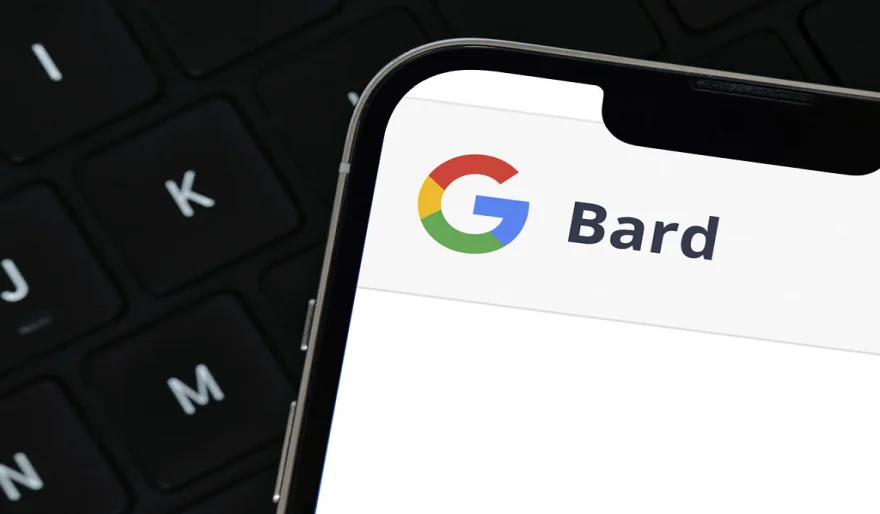Stay Ahead of the Curve
Latest AI news, expert analysis, bold opinions, and key trends — delivered to your inbox.
Google Cuts Ties with AI Data Firm: What Does It Mean for Bard and the Future of AI?
5 min read Google shakes up AI landscape by terminating contract with data annotation giant Appen, vital in training models like Bard. Officially, routine vendor evaluation cited, but speculations hint at strategic shifts. January 25, 2024 07:13
The world of AI just got a little more complex. This week, Google announced it's ending its contract with Appen, a major data annotation firm that's played a crucial role in training Bard and other Google AI models. While the official statement cited routine vendor evaluation, whispers suggest deeper currents at play. Let's dive into what this means for the future of AI, and what it tells us about the path Google might be taking.
Behind the Scenes: Appen's Role and Recent Turmoil
Appen has long been a key player in the AI data labeling game. Their human workers, often located in developing countries, meticulously tag and categorize data that machines then learn from to become the intelligent assistants and decision-makers we know. However, Appen's recent history hasn't been smooth. 2023 saw worker protests and unionization efforts fueled by concerns over low wages and poor working conditions. These issues raised ethical questions about the human cost of training the AI revolution.
Google's Move: Efficiency or a Moral Shift?
Google's statement attributed the decision to a routine efficiency assessment, suggesting a purely business-driven move. However, the timing, coinciding with Appen's labor issues, naturally sparks speculation about a deeper motive. Could Google be prioritizing ethical data sourcing and fairer treatment of the human workforce behind AI development?
The Ripple Effects: What's at Stake?
The impact of this decision is far-reaching. For Appen, losing Google as a major client is a significant blow. For Google, it might signal a shift in their AI development strategy, possibly towards building internal data annotation teams or exploring alternative data sources. And for Bard, while short-term effects might be minimal, the long-term impact on its training and performance remains to be seen.
More than just a contract termination, this news underscores the complex ethical considerations surrounding AI development. It raises questions about the human cost of progress, the responsibility of tech giants, and the future of AI itself. Can we build intelligent machines without exploiting or neglecting those who provide the foundation for their learning?



















 AI Agents
AI Agents